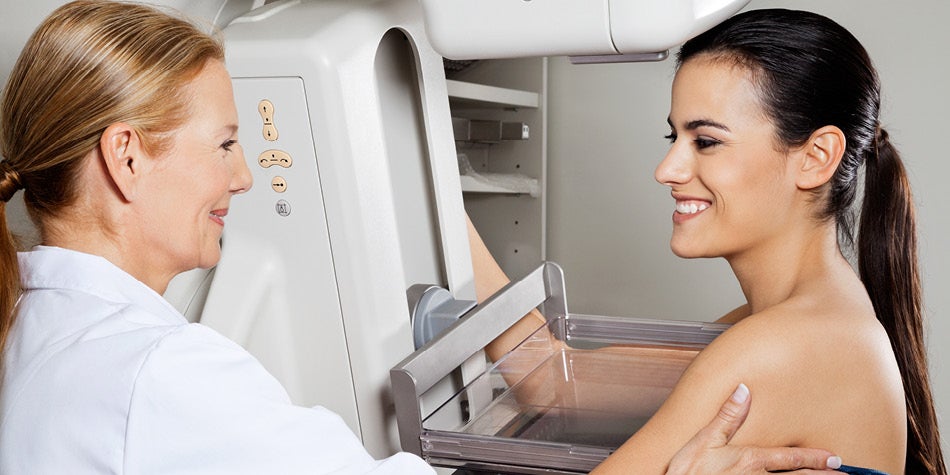Colorectal Cancer Prevention

Colorectal cancer is a cancer that starts in the colon or the rectum. It is the third most frequently diagnosed cancer in both men and women and the second leading cause of cancer deaths in the U.S. Most colorectal cancers start as a growth on the inner lining of the colon or rectum. These growths are called polyps. Some types of polyps can change into cancer over time (usually many years), but not all polyps become cancer.
Symptoms of colorectal cancer may include the following:
· A change in bowel habits, such as diarrhea, constipation, or narrowing of the stool, that lasts for more than a few days
· A feeling that you need to have a bowel movement that's not relieved by having one
· Rectal bleeding with bright red blood
· Blood in the stool, which may make the stool look dark
· Cramping or abdominal (belly) pain
· Weakness and fatigue
· Unintended weight loss
The most effective way to reduce the risk of colorectal cancer is by having a regular colorectal cancer screening test – a colonoscopy. This screening can find precancerous polyps so they can be removed before they turn into cancer. The American Cancer Society recommends that people at average risk of colorectal cancer start regular screening at age 45. People who are in good health and with a life expectancy of more than 10 years should continue regular colorectal cancer screening through the age of 75.
Other ways to decrease risks of colorectal cancer include:
· Maintaining a healthy weight
· Not smoking
· Being physically active on a regular basis – five days a week, for at least 30 minutes
· Limited to no alcohol consumption
· Limited red meat consumption, especially processed meat
· Obtaining enough calcium and vitamin D
Being knowledgeable will help empower you to take better care of your health. To learn more, visit Baptist Medical Group – Gastroenterology or call 850.626.9626 to schedule a screening.

